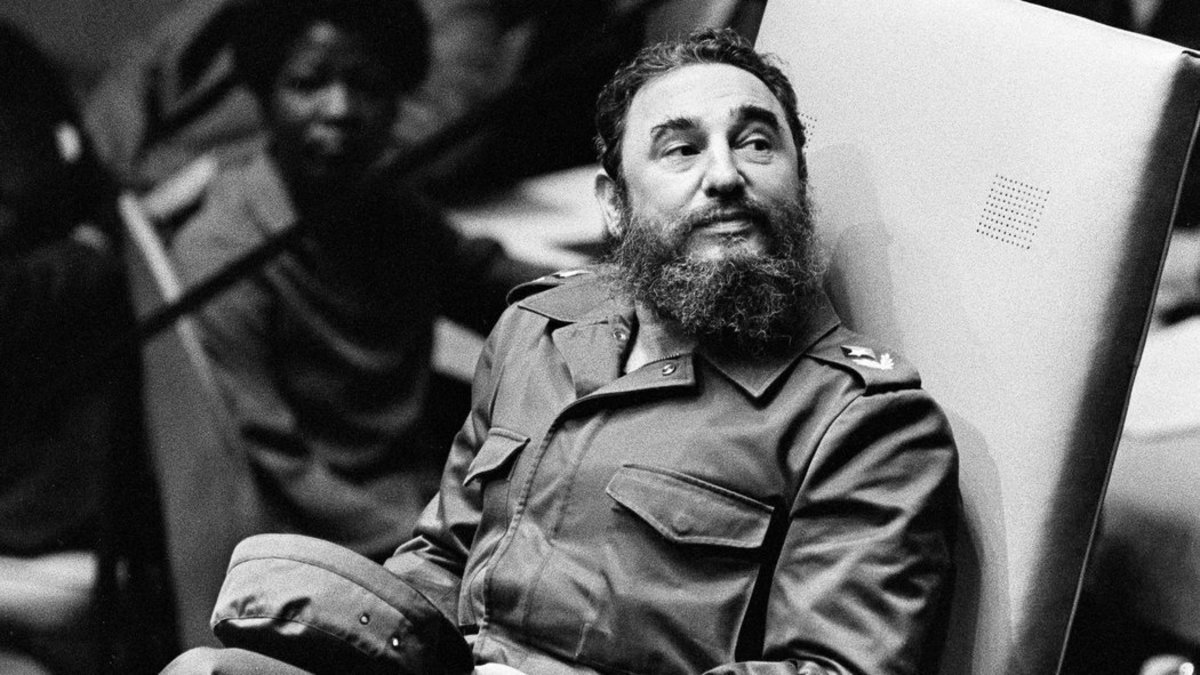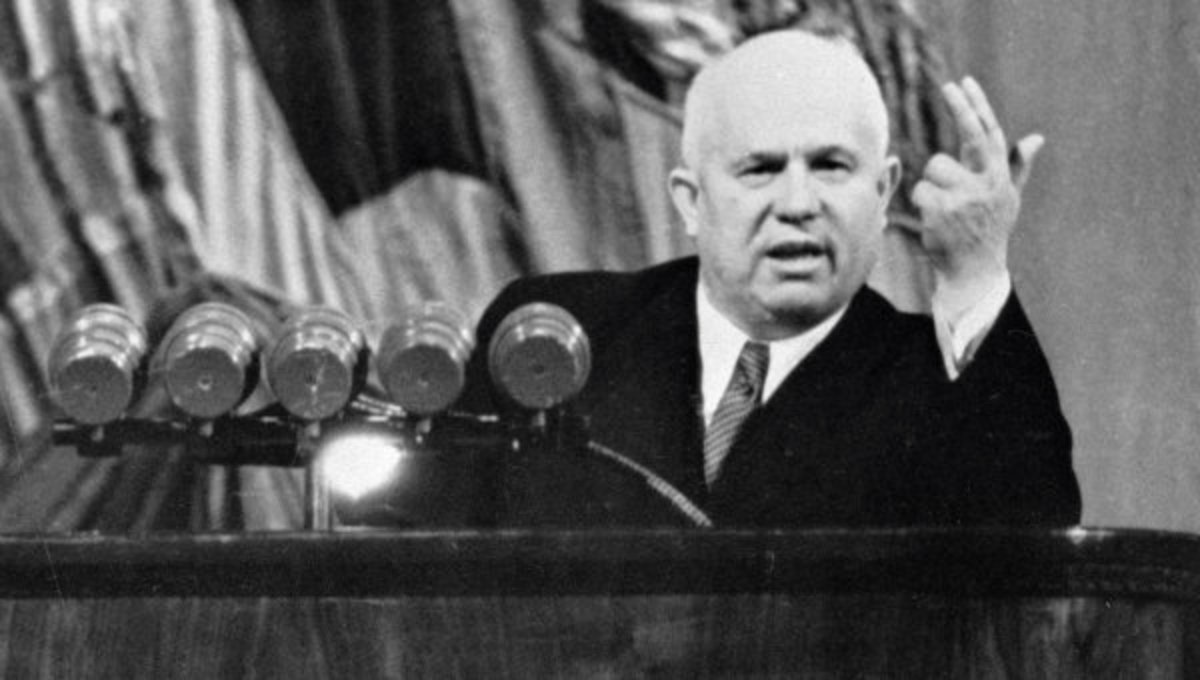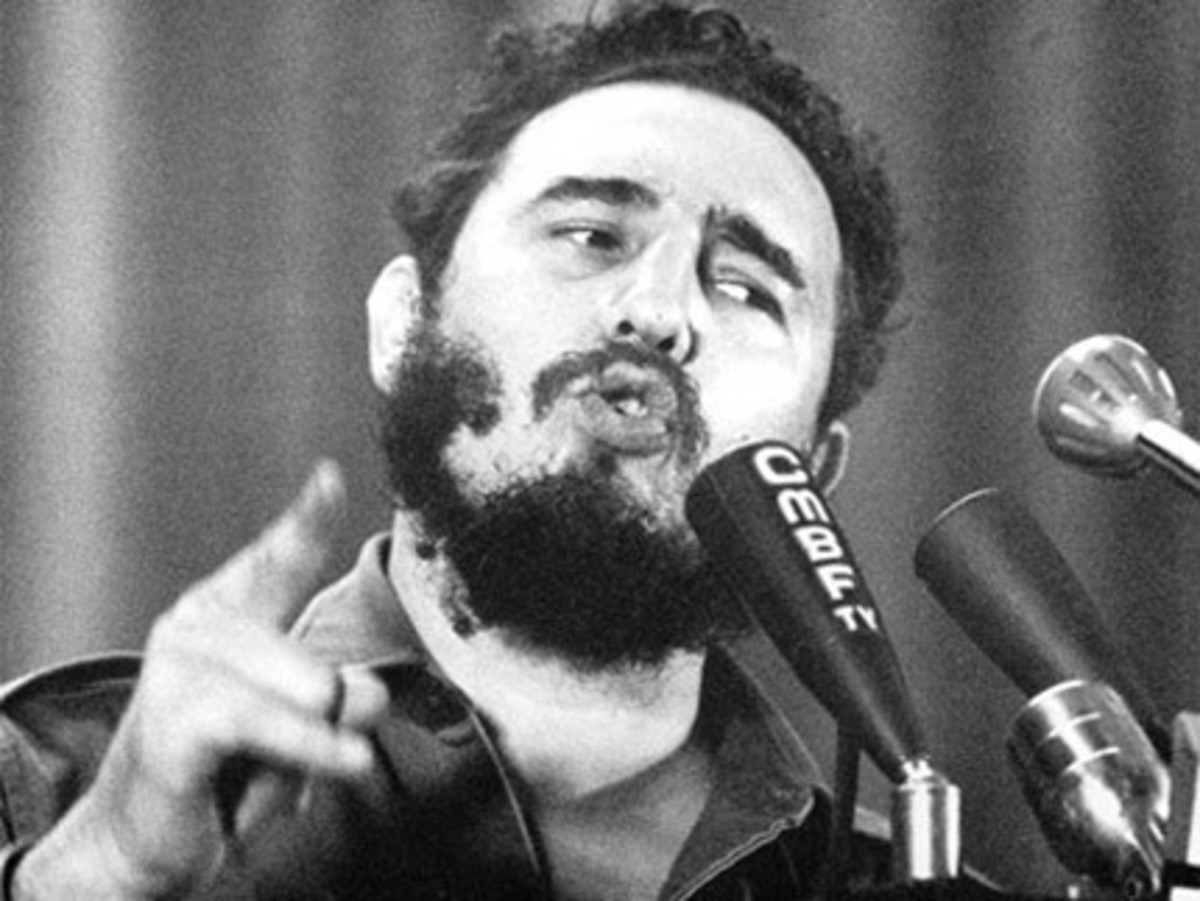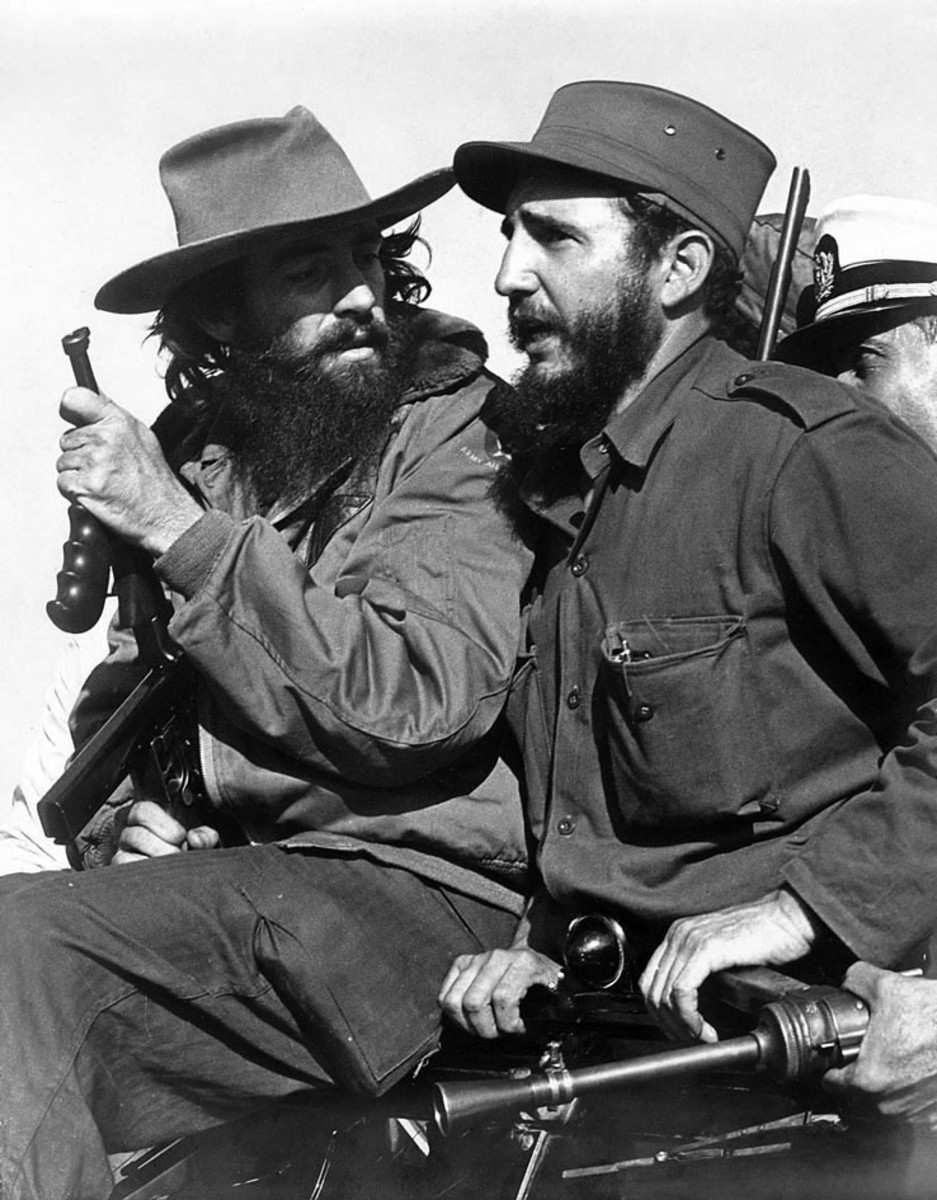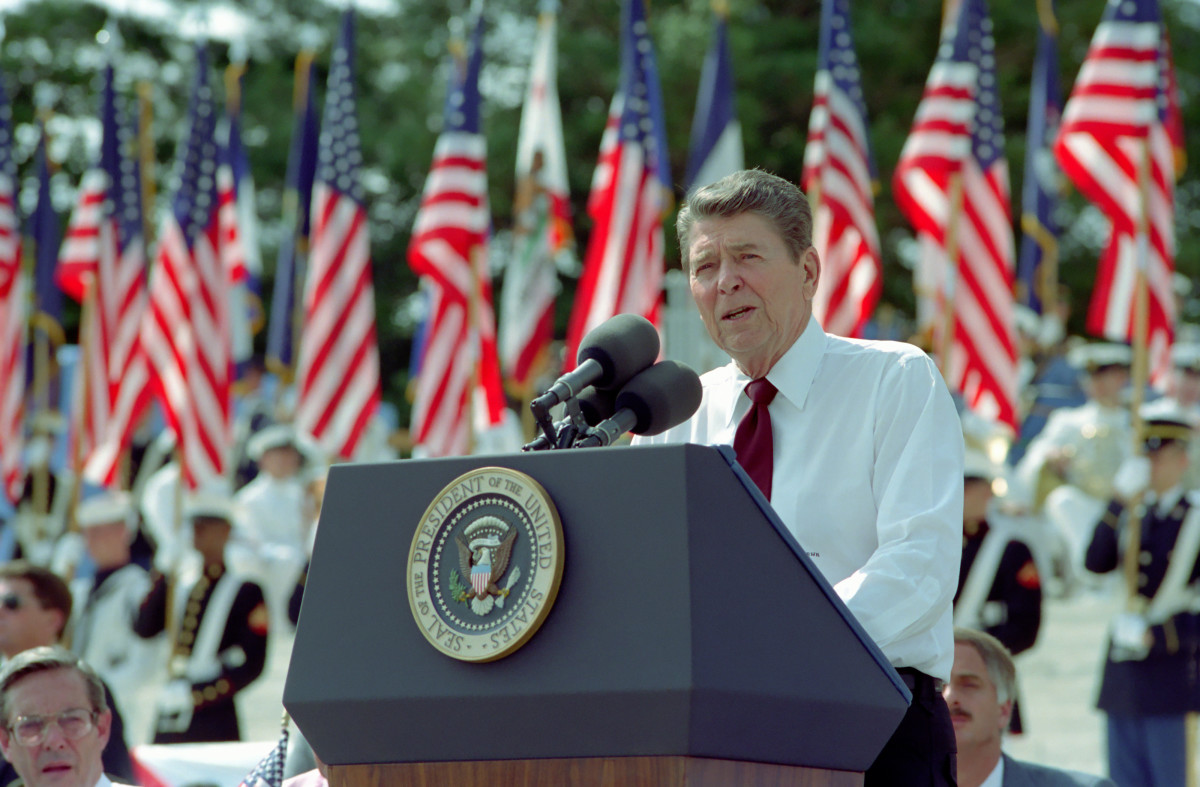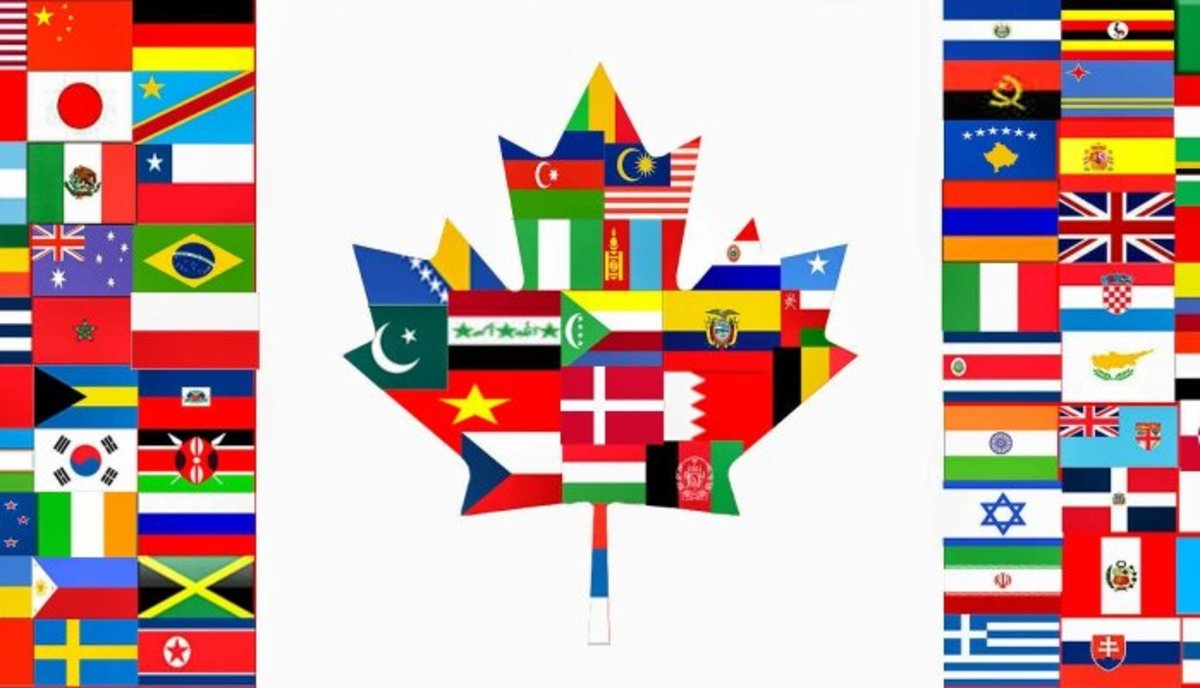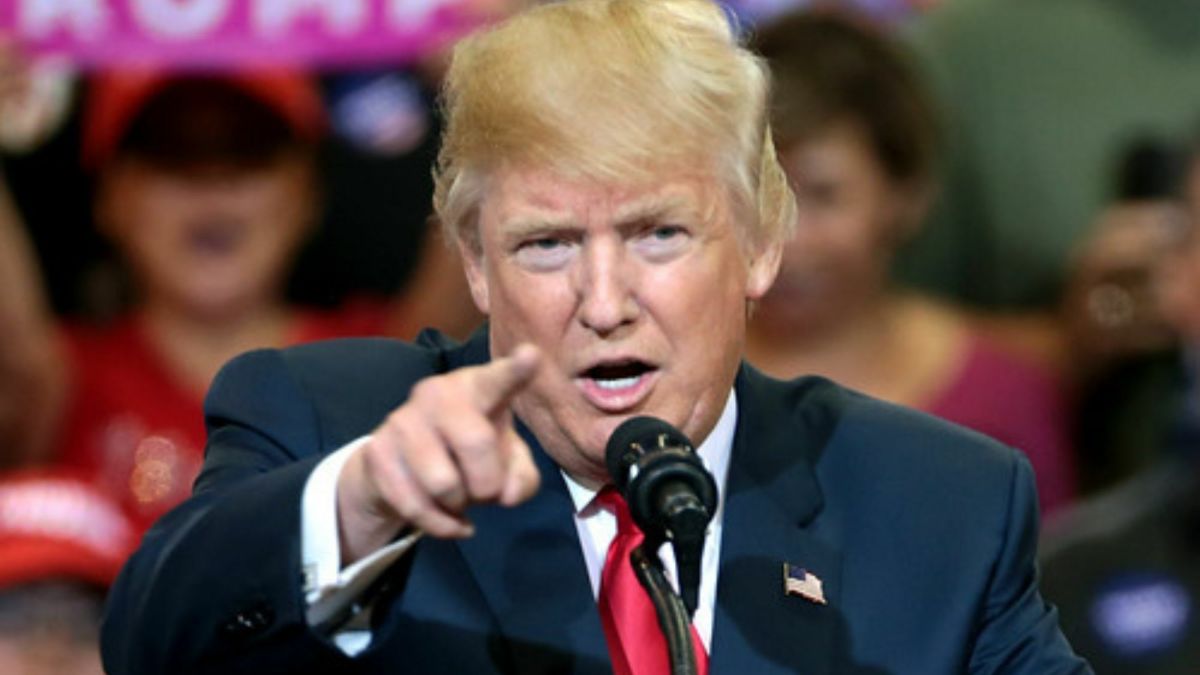Castro and Cuba:how the Castro Brothers Regime Survived for Over Six Decades
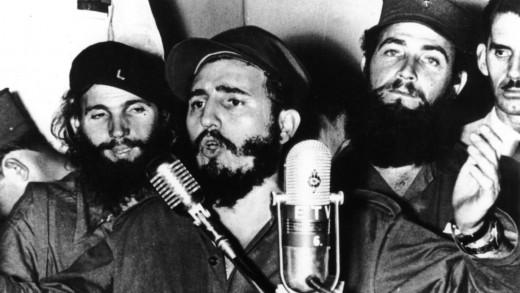
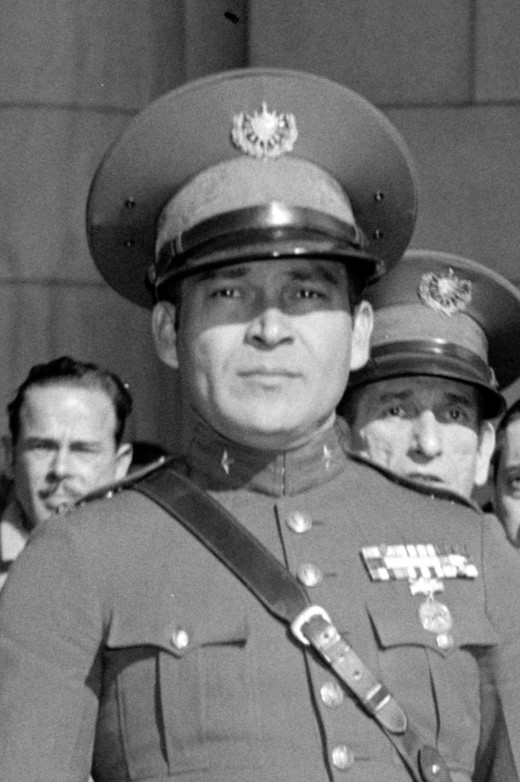
Introduction
Cuba is a small country close to the southern tip of the United States. For tens of years, it was a haven for American industry and tourists. American capitalists controlled 90% of the economy of Cuba and the ruler in the 50s Fulgencio Batista was a yes man to the Americans. Castro and his brother Raul Castro decided to launch a revolution against Batista. This resulted in the overthrow of Batista who fled the country leaving Castro to be the de facto ruler. Dr. Fidel Castro and his brother Raoul Rao Castro ruled Cuba for nearly 6 decades. They set up many records during their rule but the one that will survive for posterity is that they were the longest-ruling family in the world and Fidel has the distinction of being the head of state for the longest period in the world. We are not talking of constitutional monarchy but of de facto rulers.
There is no doubt the Castro brothers have built up an impressive statistic. But a very pertinent question has to be asked. What is the effect of almost 6 decades of rule by the Castro brothers. During these 6+ decades of their rule did Cuba have prosperity ? were the Cuban people happy? these questions pop up in the mind and must be answered.
Impartial statistics can give a clear picture of the state of a country. Figures bring out the per capita income of an average Cuban is very low still. The condition of the common Cuban did not improve. If this is so, then the question that must be answered is as to how the Castro brothers survived for so long as rulers of Cuba. Why were they not overthrown?
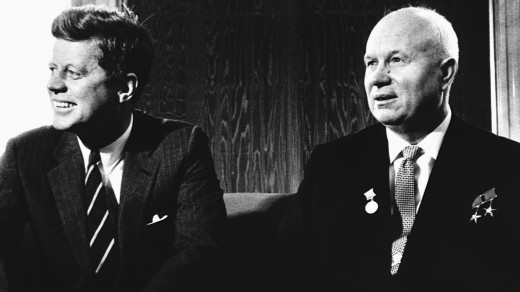
The rule of Castro
Fidel Castro was a dynamic person. He was tall and handsome and with a flowing black beard and a military beret, he looked like a person who could not only deliver the goods but also lead the Cubans forward. People who met him were swayed by his personality and implicitly trusted him. His charismatic personality was evident when he landed in Cuba with a band of revolutionaries and immediately the people flocked to join him.
The Cubans were fed up with Batista and they saw Castro as a savior. Castro's march on Havana was without incident and as his revolutionaries moved forward more and more of the common people joined him. Watching the advance of Castro with trepidation Batista realized that his time was up and he immediately fled the country. Castro seized power. He visited the USA and claimed to be a friend.
Castro was a Marxist and he believed in the theory of Marx and communism. The moment he took over he began to regulate the life of the Cuban people. He brought in Communism in all spheres of Cuban life. He began with the nationalization of all industry and took over the manufacture of sugar and the large sugarcane farms. Sugar is the staple earner of foreign exchange or Cuba but it was entirely controlled by Americans. When he nationalized the sugar industry without paying a penny as compensation the Americans were greatly alarmed.
With America having turned hostile Castro sided with Russia. He visited Moscow and the Soviet leader Nikita Khrushchev welcomed him with open arms. The American government under General Eisenhower had imposed a trade embargo on Cuba. Nikita Khrushchev helped Castro circumvent the trade embargo with economic aid and supply of gas.
The 'Monroe doctrine' had for decades been the cornerstone of American policy in the southern hemisphere. America could not allow a Communist regime to flourish in its backyard. The President General "Ike" Dwight Eisenhower decided to overthrow the Castro regime. He accordingly instructed the CIA to plan an invasion of Cuba with help from Cuban exiles. These exiles had escaped from Cuba when Castro had won the battle and they were longing to overthrow him and go back home.
Soviet intelligence had conveyed to Castro that America was likely to mount an invasion of Cuba. Khrushchev did not sit idle and he ordered the bolstering of the Cuban army and air force with the latest field guns and MIG Fighters.
President Eisenhower completed his tenure in 1960 and went into retirement and the new president John Kennedy did not interfere with the plans of the CIA. The CIA supported force landed in Cuba in 1961 at the Bay of Pigs. Castro's army was ready and a battle took place on the beaches of the bay. The invasion collapsed and most of the Cuban exiles and their American helpers were captured.
Fidel Castro now began to ruthlessly impose the Communist doctrine on the island. All his opponents were either jailed, shot dead, or sent into exile. Sugar production declined and the biggest source of revenue for the Cuban government was drastically reduced. Castro however did not relent and persisted in this policy of collectivization and nationalization. Castro did however build a support base for the Communist movement as the very poor and deprived were given sops like free education and medical care and they in turn supported the Castro regime.
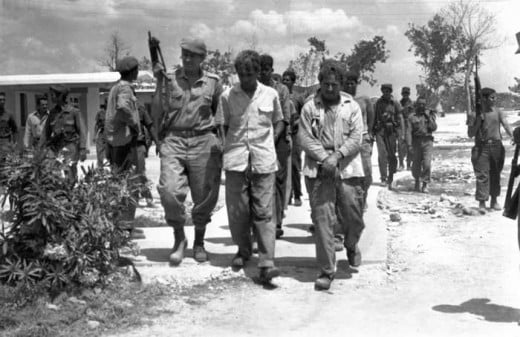
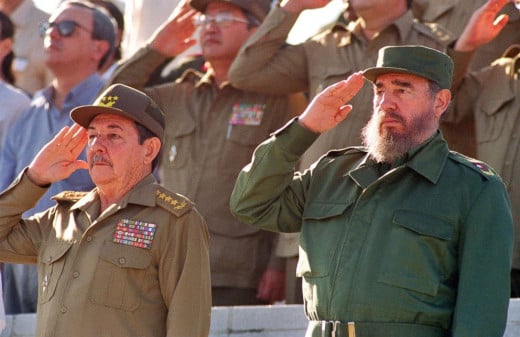
Further developments, missile crises and long live Castro
Fidel Castro now went to Russia as the victor and had a secret meeting with the Soviet first Secretary of the Communist Party Nikita Khrushchev. The Russian leader agreed with Castro's request to position IRBM missiles in Cuba.
Russian freighters and container ships began to transport missiles and related hardware to Cuba. The CIA which was carrying out regular surveillance of Cuba received photographs of the erection of the missiles at two places in Cuba. President Kennedy was informed and the chiefs of staff suggested an invasion of Cuba. The minimum they were prepared to accept was the bombing of the missile sites.
Kennedy however was a man with an independent mind and he did not approve the plan of the Chiefs of staff. He had received separate reports that in case the Americans took military action in Cuba the Russians would occupy West Berlin. He looked for a way out which would give Khrushchev a chance to back away.
To the annoyance of the chiefs of staff and hawks in his cabinet, Kennedy only imposed a quarantine. Instructions are passed to allow tankers and ships with goods to pass through and only the ships carrying missile components were to be stopped and if need be sunk. There were several Russian ships loaded with weapons and components for the missiles heading towards Cuba.
Khrushchev was a realist. He backed down at the last moment but ensured that Americans gave him some concessions. His foreign minister Andrei Gromyko came with a set of proposals to Washington. He agreed with the American request to dismantle the missiles in Cuba but at the same time wanted a solemn promise. He wanted the American government to commit that they would never destabilize the Castro regime. Kennedy was the farsighted president. Despite opposition from the chiefs of staff and the hawks in his cabinet he decided to accept the proposal.
This was a significant concession and a boon for Castro, who at that time did not realize what he had gained. He was angry that Nikita Khrushchev had agreed to dismantle the missiles as he had suggested a nuclear attack on six American cities. Khruschev played his cards well and with one stroke ensured the survival of the Castro regime.
The US government's promise not to destabilize the Castro regime is the one single reason that Castro continued to rule Cuba. The USA scrupulously honored its pledge. Castro got a lease of life and started enforcing Communism in Cuba.
The exit of Fidel Castro
In 2007, Castro suffered ill health and handed over power to his brother Raul Rao Castro. The younger brother of Fidel Castro is a pragmatist he decided to open up to the USA. He was lucky as American President Barack Obama believed in a more open American policy. Both leaders shook hands and the reversal of American policy took place. This was epitomized with the first visit by an American President to Cuba in 80 years by Obama.
Last Word
One fact that cannot be denied is that Fidel Castro ruled for nearly 5 decades and made history as the longest-serving head of state. But it was possible only because Khrushchev extracted a promise from Kennedy that the USA would never destabilize the Cuban regime.
Dr. Fidel Castro has now history. His brother has also stepped down from the presidentship as Cuba is trying to transform itself. But all the same Fidel Castro made history and his name will be remembered as the man who restored Cuban pride and lived and went the way he wanted. Talking on a personal note I visited Cuba about 15 years back when Fidel Castro was still at the helm of affairs. I had a lovely Cuban girl as an interpreter and guide and it led to an exhilarating one week. With Amanda, I found Cuba to be a wonderful place. More on my sojourn in Havana in a subsequent post.

